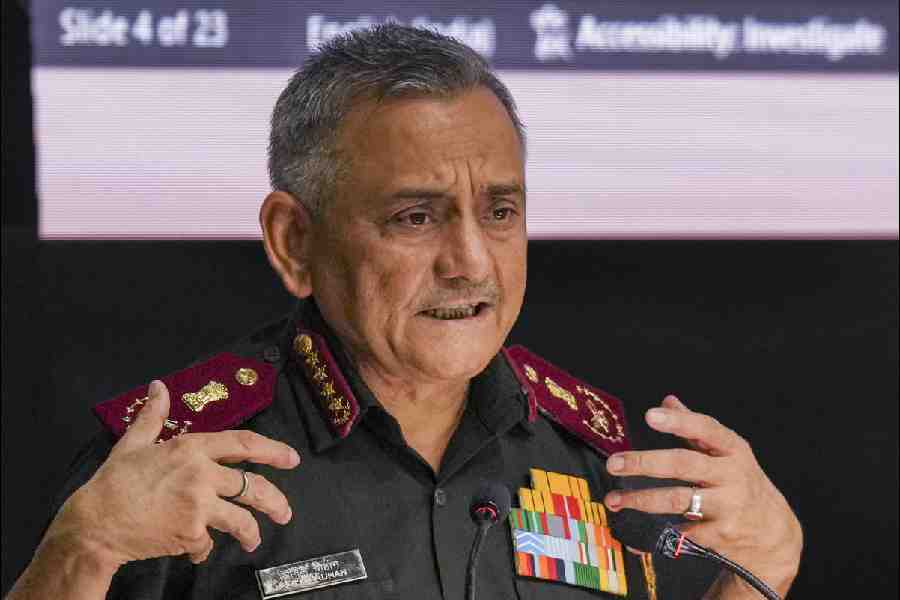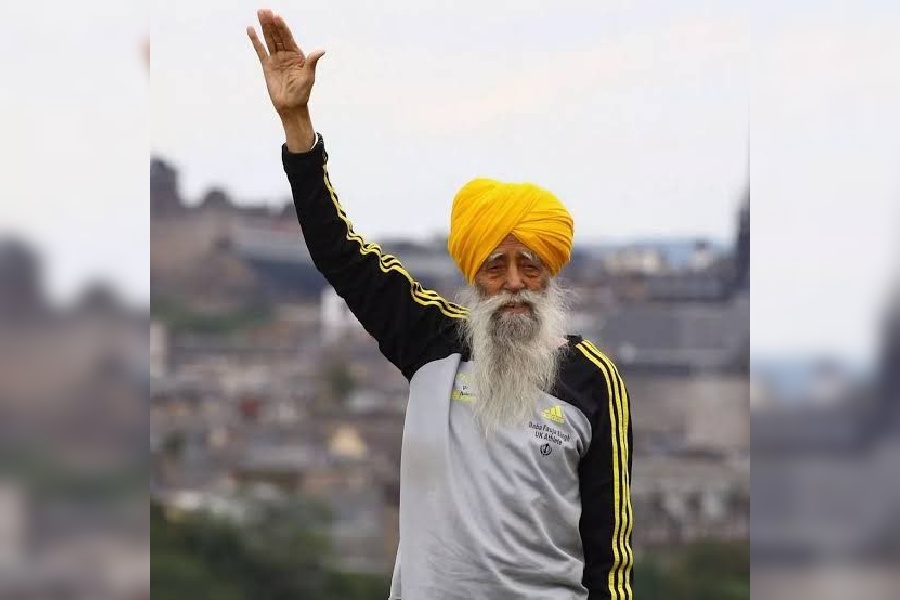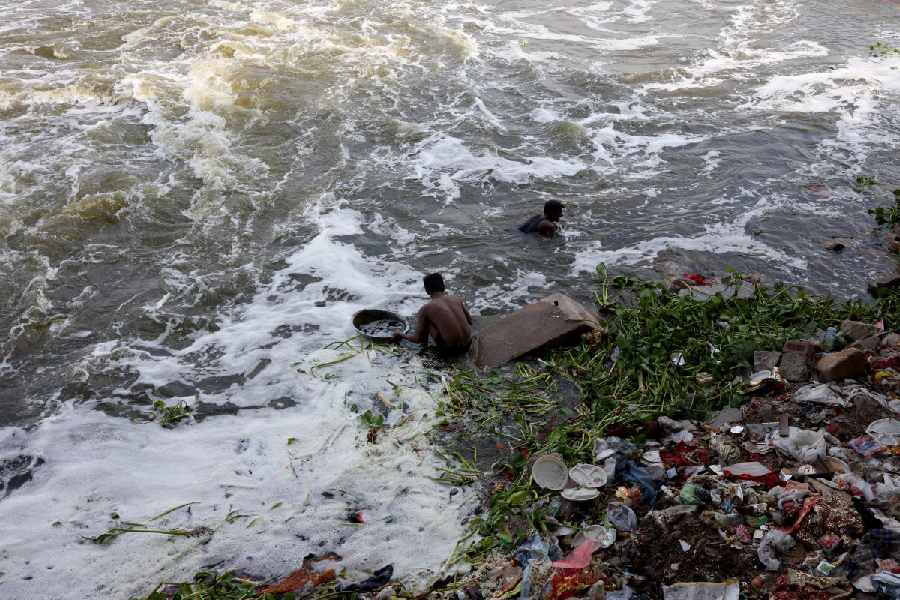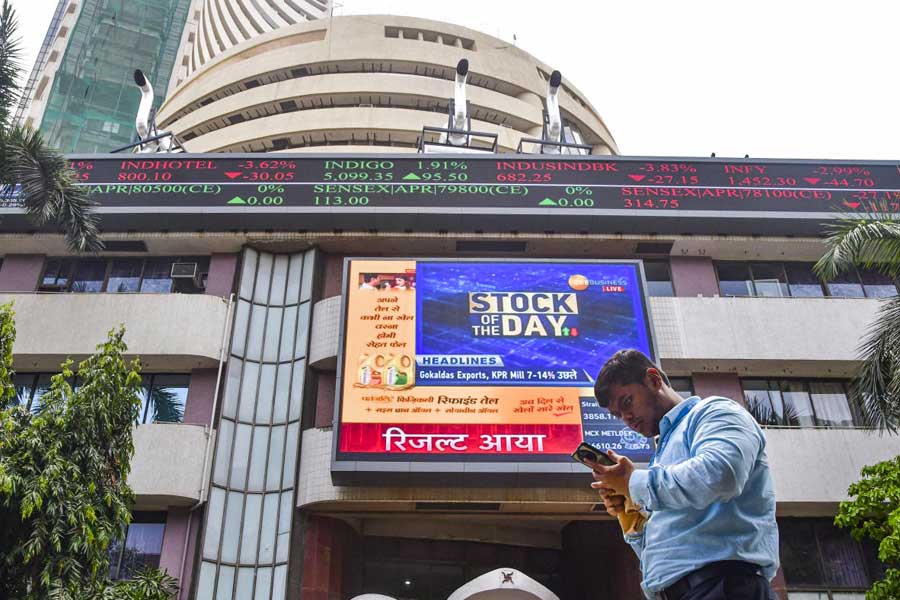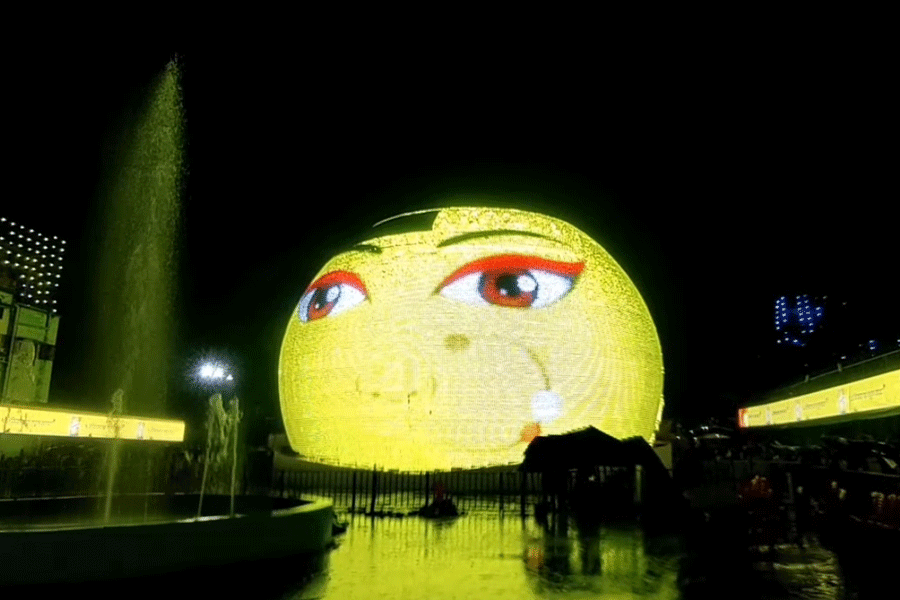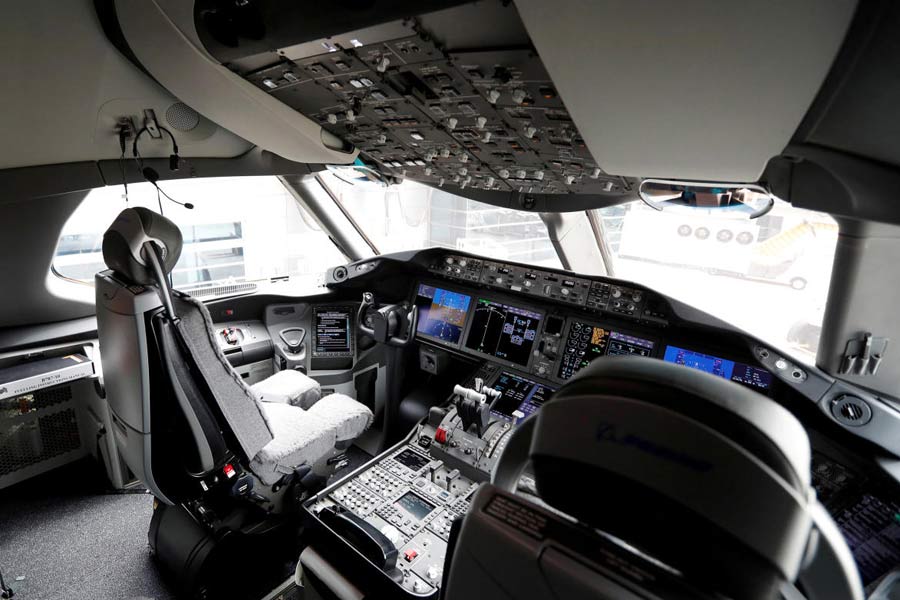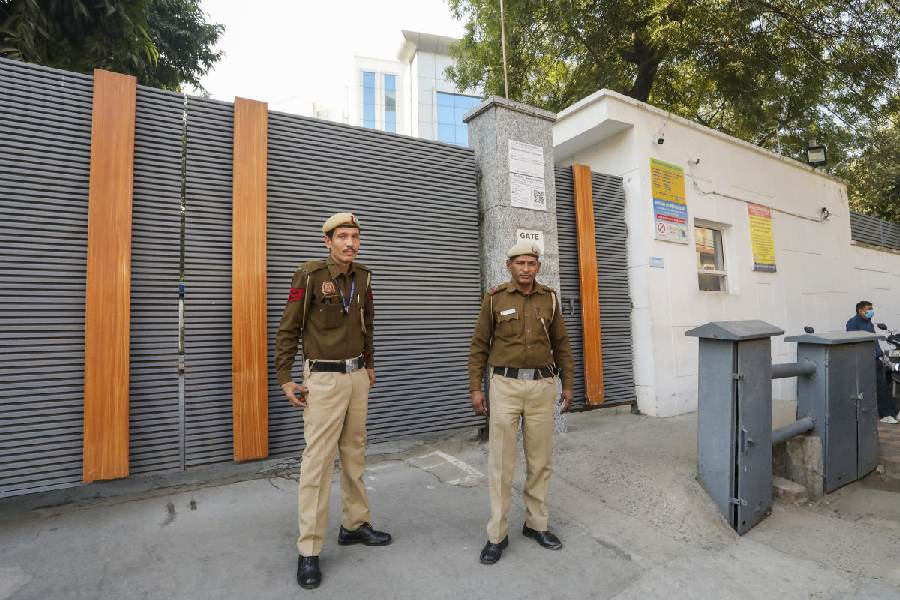 |
With much trepidation we told him that we like the Kal Penn of The Namesake much more than the Kal Penn of Harold & Kumar. A huge smile followed by an emphatic “me too” set the foundation for a freewheeling interview with the man who played Gogol Ganguli. In this chat in Manhattan, Penn talked about his experiments with acting truth, his Bollywood aspirations and, yes, Obama.
You will be seen in an Indian film after a long time with Bhopal: A Prayer for Rain releasing this Friday...
Yes... I have very fond memories of the shoot. For all of us, it is a labour of love project. Shoestring budget... small independent film... we haven’t really seen something like that come out of India yet. And then to work with the likes of Martin Sheen and Mischa Barton, folks that I admire from Hollywood, in India in an Indian movie was a big thing for me. It’s humbling that the film is releasing on the 30th anniversary of the tragedy. I hope people respond to the film.
Having grown up in America, were you aware of the magnitude of the Bhopal Gas Tragedy before the film was offered to you?
I was aware about the tragedy from family discussions when I was a kid. I don’t remember footage on the news. Also, in high school... in university classes... talking about corporate responsibility and commercial disasters, the Bhopal disaster was the largest in the world. So when the script came to me, what I was most curious about was when you fictionalise something whether you can do justice to the original calamity. Thirty years isn’t that long. The after-effects are still being felt. Does the film do justice to it? As a filmmaker you are a storyteller and it’s not necessarily about representing a cause, but for this film it was important that the producer and the director wanted to tell the truth. About what had happened.
And your character was actually based on a tabloid journalist who wanted to expose the truth...
Yes, very much. Motwane was taken from a real guy. He was this one person who believed throughout that something was rotten in that factory. He had the luxury of doubting things because his job and livelihood were not tied into the plant. But I did not get to meet the actual guy. I read up as much as I could online. And Ravi Kumar, the director, gave me a lot of notes. We, of course, had to take a few cinematic liberties. We had to justify some of the moments. It had to be about this flashy guy with printed shirts and gold chains who actually cares very deeply about his community. And there’s invariably a little bit of humour when you get into that space. Most of it was on paper.
 |
| For all of us, it (Bhopal: A Prayer for Rain) is a labour of love project. Shoestring budget... small independent film... we haven’t really seen something like that come out of India yet. And then to work with the likes of Martin Sheen and Mischa Barton, folks that I admire from Hollywood, in India in an Indian movie was a big thing for me |
How did you get the Hindi right with the dialect and the accent?
Here’s a funny story which I don’t think I have told anybody. I haven’t even talked to Ravi about it since. I got to India and we started rehearsals on the first day. And they were like: ‘Nahin nahin, Hindi mein!’ I was like: ‘Dude! Hindi mein kya? I thought this was in English!’ They said: ‘We had sent you an English version because you are an American but the actual lines are in Hindi’. So I was like: ‘Oh my god!’
And I was thinking it’s my first Bollywood movie and I can’t screw this up. So we sat down with a dialect coach. Because it was similar to Gujarati, which I speak fluently, I could pick up Hindi quickly. It was an interesting challenge straightaway. Luckily I have a lot of relatives in India. There were many phone calls. In the middle of the night I would call a cousin and ask: ‘Tell me if I am reading this right....’ And he would be like: ‘Oh my god, you are reading it with such a New Jersey accent!’
You shot The Namesake largely in Calcutta. What are your best memories about the film and the shoot?
Mira (Nair) has been a role model of mine since I was a little kid. It was, in fact, John Cho, who plays Harold in Harold & Kumar, who recommended the book The Namesake. That led me to being obsessed about the story and I looked at it as an all-American story, not very different from Catcher in the Rye really. I truly believe that Jhumpa (Lahiri) writes like JD Salinger.
I called Mira and I had my agent call her and the casting director many times and finally I wrote to her. ‘You are one of the reasons I am an actor... this book is incredible... it spoke to me not because of the shared ethnicity but because it is such a compelling story... this is my dream project... you have to let me audition for it’.
She asked me to come to New York to audition and then she told me: ‘You have to know that my 12-year-old son has been asking me to audition you for Gogol for the last six months but when he showed me a clip of Harold & Kumar, I said: ‘Absolutely not! He is not the guy!’ But after she got the letter, she felt she should audition me.
There will never be anything that would have such a special place in my heart like The Namesake. Just to work on that with Mira, Jhumpa, Irrfan (Khan)... it was very special.
 |
| I called Mira (Nair) and I had my agent call her and the casting director many times and finally I wrote to her. ‘You are one of the reasons I am an actor... this book is incredible.… ’ There will never be anything that would have such a special place in my heart like The Namesake. Just to work on that with Mira, Jhumpa, Irrfan... it was very special |
Despite doing such diverse work, you are still synonymous with Kumar from Harold & Kumar. How does that make you feel?
I feel blessed, actually. I am frankly shocked. Because when we shot that movie, it had a very low budget. When it first came out in the theatres, it did so poorly. It lasted like a week and got pulled out from everywhere. And we thought that’s it. We thought it was funny but no one shared our view. Then the film came out on DVD and people went crazy about it. They bought it for themselves, they bought it to gift others, college kids started watching it, I walked down the street in Mumbai and people would point: ‘There’s Kumar!’ For such a small film to become so big, it was unbelievable. Our goal was to make people laugh and so many people had such a good time watching it. It made our job so cool. Yes, I feel very lucky and blessed.
The story goes that the day you changed your name from Kalpen Modi to Kal Penn, the film and TV audition calls jumped in a big way. Is the situation still the same here in the US?
I don’t think so. And I never know if that was the main reason why the audition calls had gone up. It was just a silly 3am conversation with friends over burgers, very much like a scene from Harold & Kumar, where I thought of having a separate screen name. And all of them started making fun and made puns of the first part of my name. ‘What about Kal Pacino?’ Eventually someone said why don’t you split your first name... I had just got new headshots done. And before sending them out at 8am, I thought let’s just try Kal Penn and see what happens. I don’t know if it was the name or the new photos or just me being more aggressive in getting them out. And I never legally changed my name. But I do think the attitude and outlook have changed a lot in the last 20 years and thankfully so. And not just for brown folks.
 |
| I just watched D-Day and Irrfan was incredible in it. Then I liked Gangs of Wasseypur. These are the films which are more in my space. But I love watching films like Zindagi Na Milegi Dobara as well. I think there is an authenticity to those films for sure |
Barack Obama put you in the White House and almost put out your acting career...
I worked on the President’s campaign from 2007 to 2009. Then after he won, I served for two years as the associate director of the office of public engagement, handling youth and Asian-American issues mostly. I had taken a sabbatical from acting for those two years, but my first love is always filmmaking. So I wanted to go back and do that. Now working on the arts policy committee is a part-time appointment in between projects.
Does your political association have an impact on the roles you play on screen?
No! I would like to keep the two worlds separate. I think my role as an actor is that of a storyteller and I love playing characters. In fact, the more the part is different from me in real life the better it is. In 24, I played a terrorist and in this new TV series called Battle Creek, I also handle guns. Now I am terrified of guns but as characters they are fascinating and a lot of fun to play.
Any plans of working in mainstream Bollywood movies?
I would love to! Gosh! I went last December to do a couple of meetings. But that was a bad time because everyone was on vacation. I think Bhopal will be important for me. I will watch closely how people criticise my Hindi. I would love to work with folks who did The Lunchbox or Udaan. I just watched D-Day and Irrfan was incredible in it. Then I liked Gangs of Wasseypur. These are the films which are more in my space. But I love watching films like Zindagi Na Milegi Dobara as well. I think there is an authenticity to those films for sure. I am certainly up for the challenge of singing and dancing and doing the whole nine yards.


